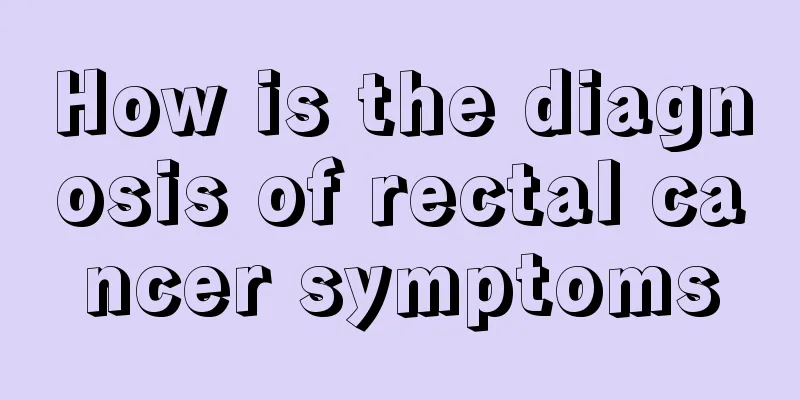Do thyroid nodules require surgery? Surgery is required if they become malignant

|
If you have a serious illness, you will need timely surgical treatment. However, do thyroid nodules require surgery? Generally, early thyroid nodules have no symptoms. If malignant changes occur, timely treatment is required. If it is benign, suppressive treatment can be adopted. 1. Nodules larger than 1.5 cm or with calcification require prompt surgery When thyroid nodules appear, many patients experience great psychological stress, thinking that the nodules are equivalent to cancer, and they immediately go to the thyroid surgery department and ask the doctor to remove them. Whether a thyroid nodule requires surgery depends on its size and whether it is calcified. If there is a possibility of malignancy, surgery should be performed as soon as possible. 2. The following measures can be taken for benign nodules: 1. Follow up those with enlarged lesions and perform re-puncture or direct surgery. 2. Thyroid hormone suppression therapy is ineffective in short-term treatment and should be continued for at least half a year. Premenopausal women and men can use higher doses (to suppress TSH to below 0.1mu/l) for suppression treatment for more than one year. If the nodule shrinks, the dosage of thyroxine can be reduced and taken for a long time to maintain TSH at the lower limit of normal. If the nodules enlarge, treatment will be stopped and surgery or re-puncture evaluation can be performed directly; if the nodules do not change, treatment will also be stopped and only follow-up observation will be performed. Postmenopausal women should pay attention to the adverse effects of thyroid hormone on bone metabolism. A short-term follow-up (6 to 12 months) should be conducted first. If the nodule does not change or shrinks, follow-up alone is sufficient and thyroid hormone suppression therapy is not necessary. If the nodule enlarges after follow-up, suppression therapy should be given again. Generally, the initial dose should be small enough to suppress TSH to a level below the normal but measurable range (0.1 to 0.5 mu/l). 3. Sclerotherapy for confirmed benign nodules. In particular, this method can be used to treat autonomous functional thyroid nodules or adenomas, parathyroid adenomas, etc. Under ultrasound guidance, 1 to 4 ml of anhydrous ethanol is injected into the center of the nodule. The injection can be repeated until the nodule disappears. |
<<: What to do if there is bleeding in the stool after hemorrhoid surgery
>>: What is the reason for low back and coccyx pain
Recommend
How to prevent calf muscle pain?
Calf muscle soreness is a condition that many peo...
What are the symptoms and signs of gallbladder cancer
Knowing the common sense of gallbladder cancer wi...
What are the characteristics of complications of esophageal cancer?
Esophageal cancer is a common tumor. The incidenc...
What medicine can cure thrush quickly?
Thrush is an oral disease, and the affected popul...
Can astigmatism be cured
With the development of television technology and...
9 tips for spring cleaning
The house should also be cleaned up, but the comp...
Will tongue cancer definitely cause pain?
Tongue cancer is a malignant tumor in the oral ca...
What is the value of bitter chrysanthemum
We know that when the Double Ninth Festival comes...
A brief discussion on the early symptoms of esophageal cancer
In recent years, esophageal cancer has become one...
What is the cause of bone cancer in the elderly
Bone cancer refers to a malignant tumor that occu...
What is the reason for nose sores?
The nose is in the middle of the face. Once any a...
Coronal sulcus adhesion after phimosis surgery
Coronal sulcus adhesion after phimosis surgery ma...
The soles of my feet are always itchy
If the soles of your feet are always itchy, it ma...
What to do if your abdominal strength is too weak
Nowadays, people pay more and more attention to t...
The difference between mulberry silk and tussah silk
There is not much difference between mulberry sil...









